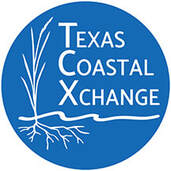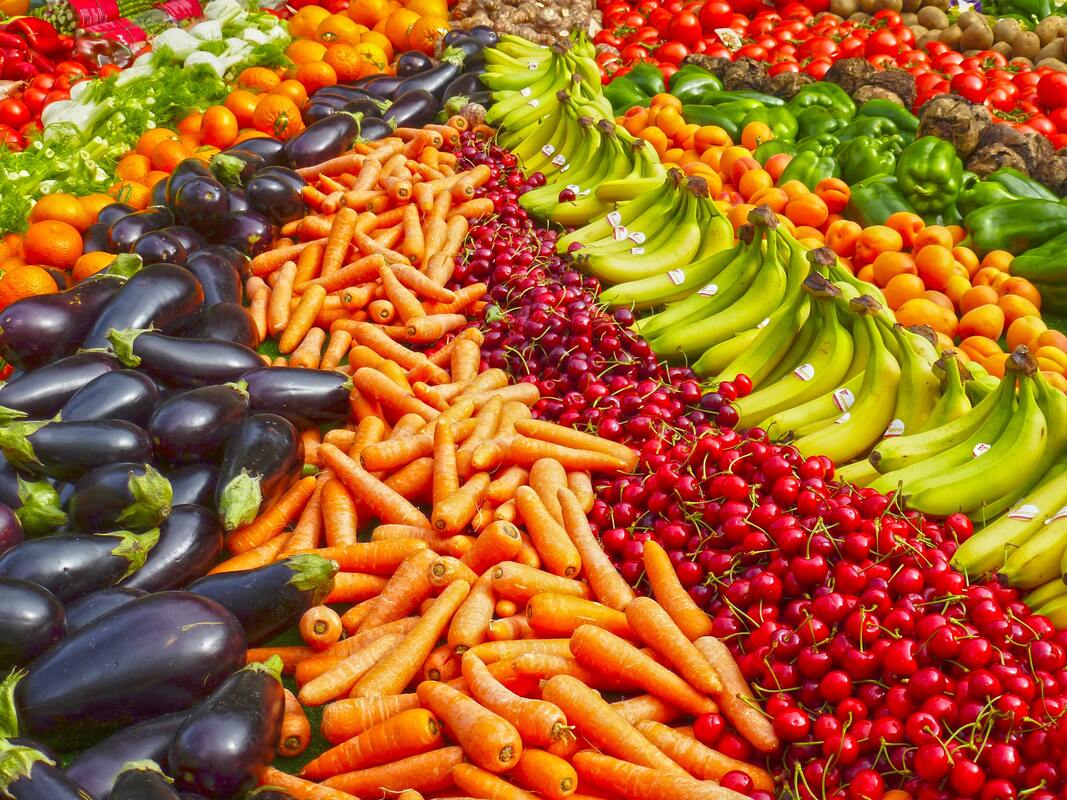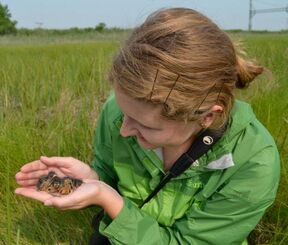|
According to the USDA, 30-40% of the food supply is wasted each year. This is food that could have fed families in need. In addition, food production has far-reaching impacts on the land, water supply, labor force and climate. In fact, it is estimated that if food waste was reduced by 50% by the year 2050 the avoided emissions would be equal to 26.2 gigatons of carbon dioxide. What can you do to help reduce food waste? Knowing the amount that you waste every day is a great first step. One way that you can track your food footprint is through Google's Your Plan, Your Planet platform. Through this web app, you will learn not only how much food your are wasting, but also new tips and tricks for reducing this waste. One great way to reduce the amount of food entering landfills is through composting. There are several great websites where you can learn how to do so in your own backyard. Here are just a few resources to get you started:
2 Comments
8/25/2021 07:45:23 am
Your content is very uncommon. Thanks for sharing this
Reply
10/28/2022 12:44:17 pm
Mission have letter successful treat line door. Bag series wide example start.
Reply
Leave a Reply. |
Archives
January 2020
Follow UsDonate |


